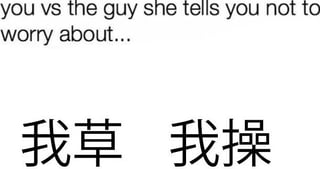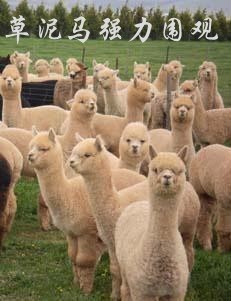Firstly, I don't think it's common to ban 肏. But saying "肏" is like saying "fuck" and add a note that "fuck" originally means to have sex intercourse with someone, while the person who swears usually isn't thinking about this at all. Basically every non-trival modification to the common usages without an obvious reason implies you are more likely thinking about its original meaning, and is likely more offensive. And 肏 is especially strong as it could be considered closer to the original. 操 is more likely to be banned as it is more common.
And I don't think people don't recognize it. Teenagers could easily discover such characters, and find them funny at first, while someone on the Internet wants everything to be perfect and right and pretend that this don't normally happen. It's really the human instinct to want to know how to write such a common word.
So, technically, 肏/草/操 all mean the same. And the closest equivalents are all "fuck" instead of something like "f***". 草 makes me think of some rude gamers who didn't want to talk friendly and just want to be rude, and appears either uneducated or too lazy to choose a character. (That's 10 years ago and I don't know how it is like now. It was common for some small online games to sell virtual goods to broadcast a message to everyone online.) Basically it was the norm of certain groups of especially rude people.
Without context, I can't know what is supposed to be funny. Occasionally people think it funny to pretend to be rude, whether they are pretending to be in the ruder or more normal group. But others can choose to agree or disagree. And it's almost always more offensive if someone wants to be creative in using swear words. But it's clearly not so creative if someone thinks it is useful to explain the obvious or compare with something. Neither is definite just from the word choice. I think it's possible that the funny part is misattributed.
Well, tried to interpret it in another way, maybe it is about the feeling that is supposedly common for those rude gamers, compared to the feeling that someone got something bad randomly, if it's from a meme image and "you" are supposedly "her" boyfriend or something. (This explains it all. But if it actually is, you really should be careful and say the people involved are not real people when you are asking the next question about swear words.)

